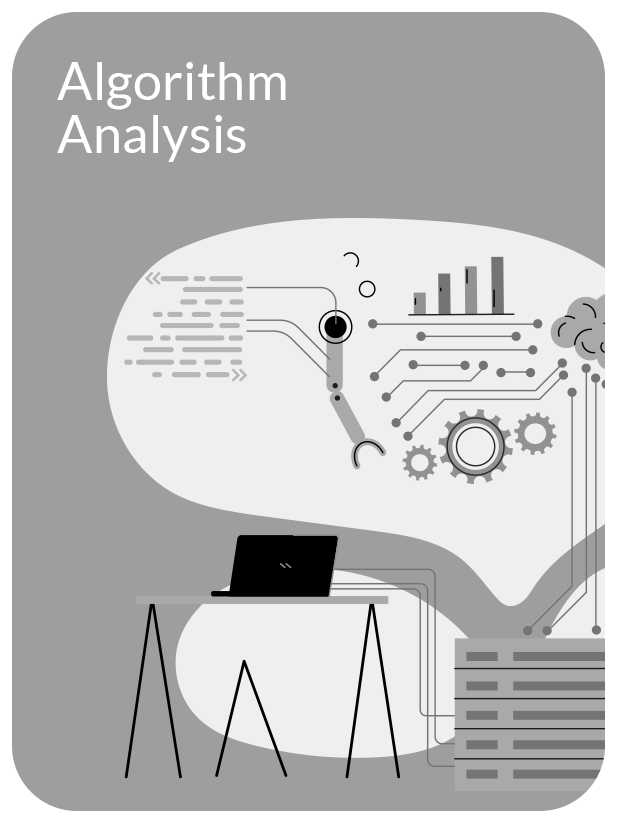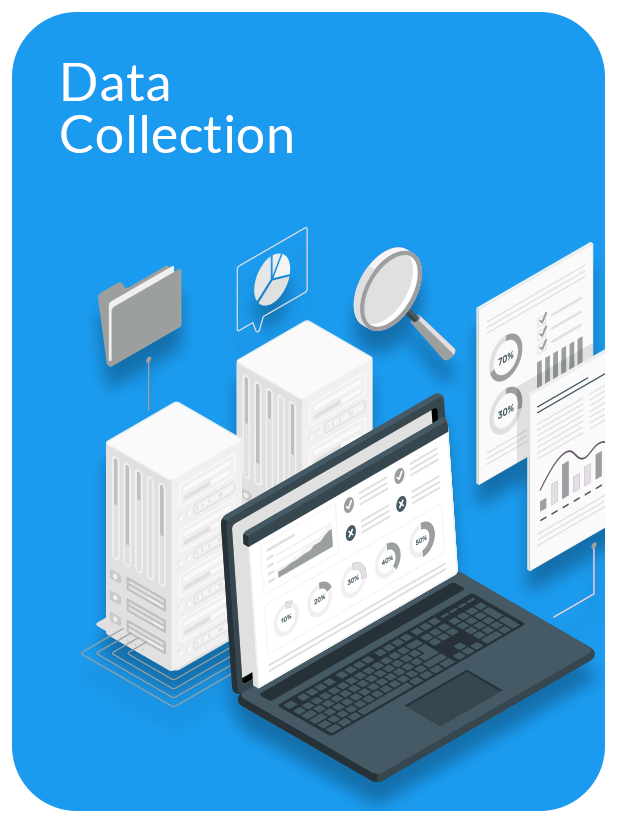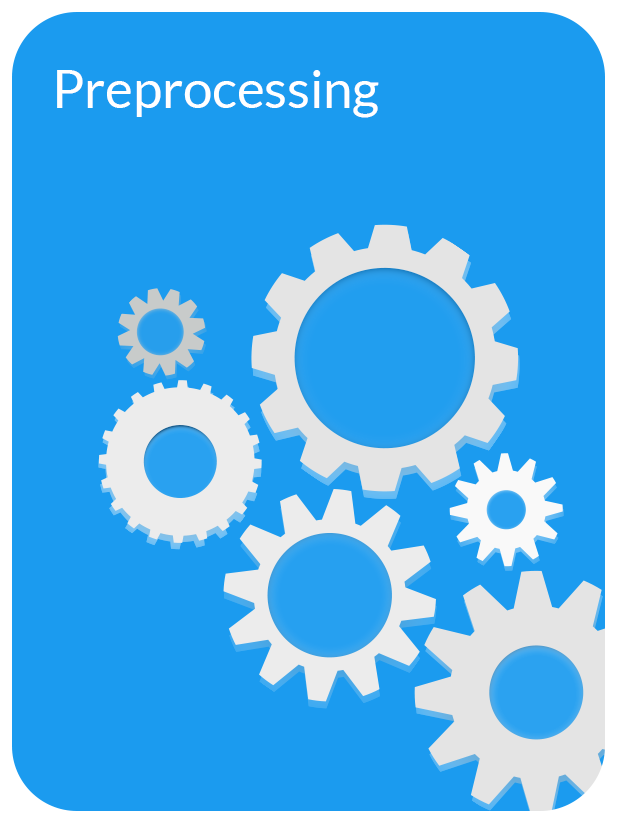
Inspectors can view relevant data, such as specifications,
measurements, and inspection guidelines, overlaid onto the
live camera feed. This ensures that inspectors have instant
access to critical information, facilitating faster and more
accurate decision-making.
AR technology enables step-by-step guidance during inspections, highlighting key areas of focus and providing instructions on proper inspection procedures. This feature assists both experienced and novice inspectors, ensuring consistent and comprehensive inspections.
Our app allows remote experts to collaborate with on-site
inspectors in real-time. Through AR-based video conferencing
and screen sharing, off-site experts can provide guidance,
offer insights, and remotely validate inspection results,
fostering collaboration and knowledge sharing.
Inspectors can view relevant data, such as specifications,measurements, and inspection guidelines, overlaid onto the live camera feed. This ensures that inspectors have instant access to critical information, facilitating faster and more accurate decision-making.
AR technology enables step-by-step guidance during inspections, highlighting key areas of focus and providing instructions on proper inspection procedures. This feature assists both experienced and novice inspectors, ensuring consistent and comprehensive inspections.
Our app allows remote experts to collaborate with on-site inspectors in real-time.Through AR-based video conferencing and screen sharing, off-site experts can provide guidance, offer insights, and remotely validate inspection results, fostering collaboration and knowledge sharing.

Once trained, the AI algorithms leverage their acquired knowledge to analyze incoming data. They compare the extracted features from new data samples against the patterns and correlations identified during training. This analysis is performed swiftly and efficiently, ensuring real-time defect detection.

Our quality inspection app collects data from various sources, including images, sensor readings, and other relevant metrics. This comprehensive dataset serves as the foundation for the AI algorithms to perform their analysis.

Before the actual analysis begins, the data undergoes preprocessing. This step involves cleaning, normalizing, and transforming the data into a suitable format that can be effectively processed by the AI algorithms

To enable accurate defect detection, our AI algorithms are trained using a large labeled dataset. This dataset consists of examples that showcase both normal and defective products. By learning from these labeled examples, the AI model can discern patterns, correlations, and irregularities associated with defects or anomalies.

Once trained, the AI algorithms leverage their acquired knowledge to analyze incoming data. They compare the extracted features from new data samples against the patterns and correlations identified during training. This analysis is performed swiftly and efficiently, ensuring real-time defect detection.

Our quality inspection app collects data from various sources, including images, sensor readings, and other relevant metrics. This comprehensive dataset serves as the foundation for the AI algorithms to perform their analysis.

Before the actual analysis begins, the data undergoes preprocessing. This step involves cleaning, normalizing, and transforming the data into a suitable format that can be effectively processed by the AI algorithms

To enable accurate defect detection, our AI algorithms are trained using a large labeled dataset. This dataset consists of examples that showcase both normal and defective products. By learning from these labeled examples, the AI model can discern patterns, correlations, and irregularities associated with defects or anomalies.